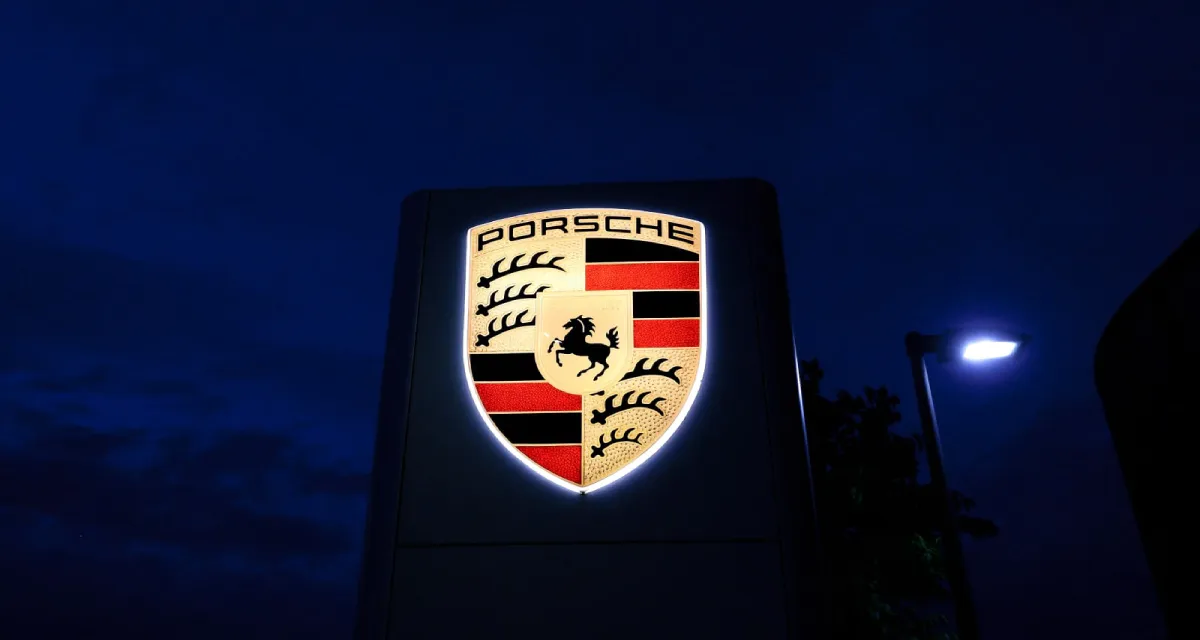

Porsche AG has dramatically reduced its sales and profitability outlook for 2024 due to a surprising shortage of aluminium alloy, caused by recent flooding at one of its European suppliers. This development has significantly impacted production and led to a notable drop in Porsche's share price.
The flooding at an unnamed European contractor has created a bottleneck in the supply of aluminium alloy, a crucial component in the production of Porsche’s vehicles. The shortage has forced Porsche AG to reassess its sales targets and profitability expectations. According to the company’s statement, the alloy shortage affects all of its models and may even result in temporary shutdowns for some vehicle series.
The impact of this supply chain disruption has been felt across the board. Porsche AG now forecasts annual sales between 39 billion and 40 billion euros (approximately USD 43.56 billion), a significant downward revision from its previous forecast of 40 billion to 42 billion euros. The company has also adjusted its expected return on sales to a range of 14% to 15%, down from the earlier projection of 15% to 17%.
The news has reverberated through financial markets, causing Porsche AG's shares to plummet by 5% on Tuesday. The decline in share value also affected Volkswagen, Porsche’s largest shareholder, which saw its shares slip by 1.5% in premarket trading. This market reaction underscores the broader impact of the supply chain issues on investor confidence.
Despite these challenges, Porsche SE, the parent holding company of Volkswagen, has maintained its 2024 earnings forecast. This decision reflects a degree of optimism about the broader financial health of the company, even as Porsche AG grapples with its immediate production issues.
Porsche AG has acknowledged that the delays caused by the alloy shortage will likely affect its production and delivery schedules for the remainder of the year. The company has indicated that it may not be able to fully compensate for these delays, which could further impact its overall sales performance.
This production setback is compounded by a current global trend of muted demand in China, which has driven down global deliveries by 7% in the first half of the year. Additionally, Porsche is facing challenges with its electric vehicle (EV) sales. The company recently tempered its EV ambitions, citing a mismatch between customer demand and sector developments.
The unexpected alloy shortage comes at a time when Porsche is also recalibrating its approach to electric vehicles. The company’s recent decision to adjust its EV strategy highlights the dynamic and often unpredictable nature of the automotive industry. Porsche’s ability to navigate these challenges will be crucial in maintaining its competitive position in the global market.
The situation underscores the intricate dependencies within global supply chains and the impact of unforeseen events on major automotive manufacturers. Porsche’s response to this crisis, including potential adjustments in production and strategic planning, will be closely watched by industry analysts and investors.
Porsche AG's recent challenges with alloy supply have led to a significant downward revision of its sales and profitability outlook for 2024. While the company continues to face market pressures, including muted demand in key regions and struggles with EV sales, it remains committed to navigating these obstacles. The broader implications of this situation for the automotive industry highlight the importance of resilient supply chain management and adaptive strategic planning.
As Porsche works to mitigate the effects of the alloy shortage and adjust its production strategies, the company's ability to recover and adapt will be pivotal in shaping its future performance and maintaining its standing in the global automotive market.
Also Read: